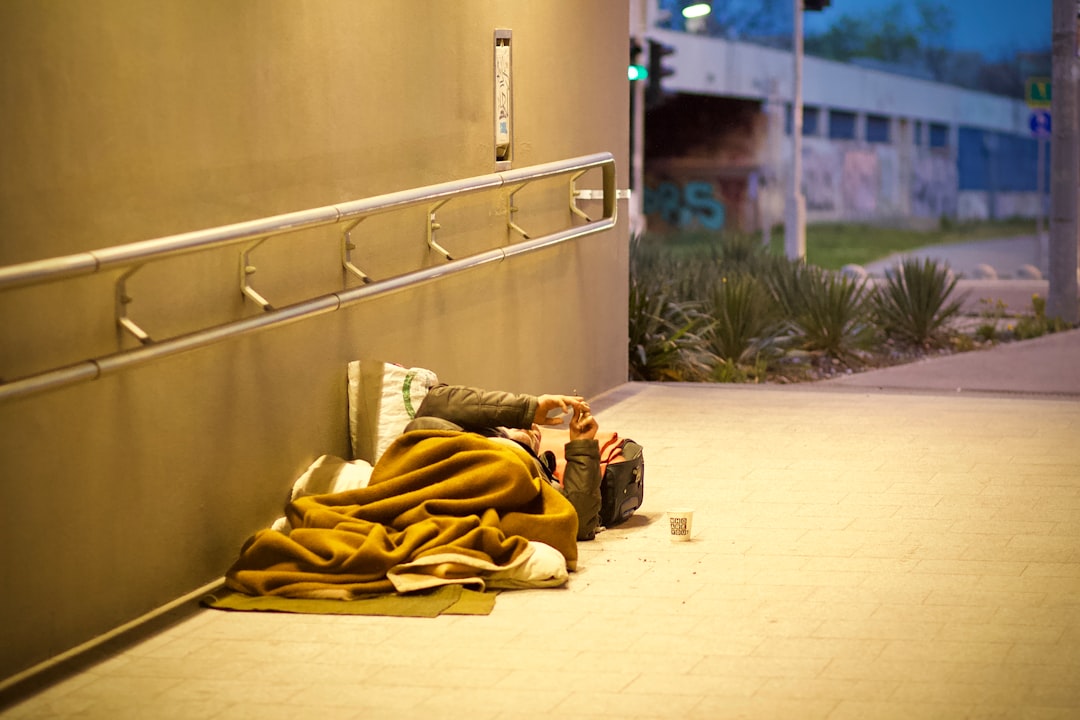
The Great Paradox: Why Progressive Policies Perpetuate Poverty
In the grand theater of policy-making, where the left often prances around with the conviction that their progressive policies are the panacea for society’s ills, we find ourselves at a crossroads. The Great Paradox echoes through the halls of our institutions: why, despite the relentless push for equality and social justice, do progressive policies seem to perpetuate poverty instead of alleviating it?
The irony is as thick as a fog on a winter morning. Progressive policies, which ostensibly aim to uplift the underprivileged, often end up entrenching them in cycles of dependency and despair. The welfare state, which many progressives laud as a beacon of compassion, has become a crutch that enables a perpetual state of poverty rather than a ladder to success.
The Dependency Trap
Take a moment to consider the welfare system. While the intentions behind it are noble—providing support to those in need—the outcomes tell a different story. A report from a respected think tank indicates that welfare benefits can sometimes exceed the income of low-wage workers. Why would anyone aspire to climb the economic ladder when staying on the government teat is so financially rewarding?
This is not merely a hypothetical scenario. A 2021 study revealed that in some states, a single parent could receive upwards of $60,000 in combined benefits, while earning a minimum wage job would net them barely $30,000. Is it any wonder that people choose to remain in this dependency trap? Progressive policies, in their zeal to provide, often strip away the motivation to strive for self-sufficiency.
The Irony of Minimum Wage Increases
Let’s pivot to the minimum wage debate. Progressives champion raising the minimum wage as a surefire way to lift people out of poverty. However, the reality is that such policies can lead to job losses, particularly in lower-skilled sectors. A study from a prominent university found that for every 10% increase in the minimum wage, employment among low-skilled workers can drop by up to 3%.
Imagine a young person looking for their first job—perhaps flipping burgers or working in retail. Suddenly, the number of available positions shrinks because businesses can no longer afford to hire entry-level workers at inflated wage rates. The very policies designed to help the downtrodden can inadvertently shove them deeper into economic obscurity.
Education: A Double-Edged Sword
Education is often heralded as the great equalizer, yet the progressive approach to education funding and reform has led to its own set of issues. The push for free college tuition is a classic case of misguided intentions. While it sounds fantastic on paper, the reality is that it perpetuates a cycle of debt and disillusionment.
Consider the countless graduates who emerge from college with degrees in fields that have little to no job market demand. They find themselves drowning in student loans, unable to secure gainful employment. The progressive solution? More funding, more programs, and more “free” offerings. It’s akin to throwing money at a fire and expecting it to go out.
The Counterargument: Compassion vs. Consequence
Of course, one can’t discuss these topics without addressing the inevitable counterarguments. Advocates for progressive policies will argue that without these safety nets, many would fall into deeper poverty and despair. They claim that the system is failing those who truly need it.
But the question remains: are we truly helping individuals by keeping them reliant on government assistance? Or are we simply maintaining a status quo that allows poverty to fester? It’s vital to recognize that compassion should not come at the expense of personal responsibility and empowerment.
A Path Forward
So, what’s the solution? It’s simple: we need to pivot from a paradigm of dependency to one of empowerment. Let’s focus on policies that encourage job creation, foster entrepreneurship, and prioritize education reform that prepares individuals for meaningful work.
By investing in vocational training and apprenticeships, we can provide tangible pathways out of poverty. Instead of raising the minimum wage, how about offering tax incentives for businesses that hire and train low-skilled workers?
Conclusion
In the end, the Great Paradox of progressive policies perpetuating poverty is not just a theoretical discussion; it’s a pressing reality that needs to be addressed. While the intentions behind these policies may be noble, we must face the hard truths about their consequences. The time has come to rethink our strategies and, for once, prioritize empowerment over dependency. If we truly want to lift people out of poverty, let’s give them the tools to build their own ladders instead of handing them a crutch.
In this complex game of societal chess, let’s not allow a misplaced sense of compassion to checkmate the very individuals we aim to uplift. The conversation must continue, and the stakes have never been higher.
#opinion #editorial #currentevents #progressivepolicies #poverty


